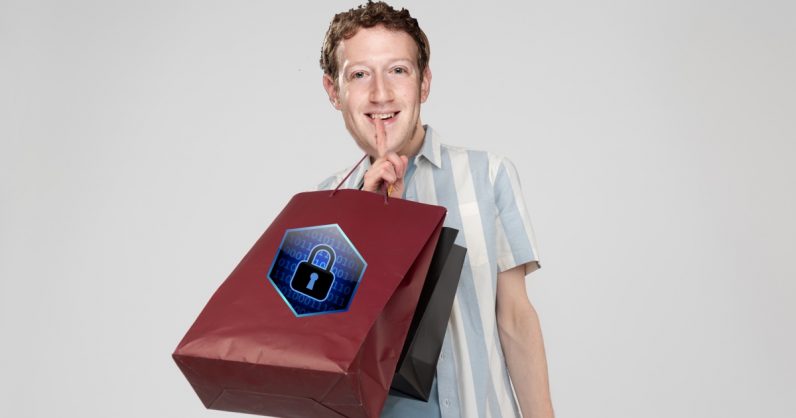2019-10-1 12:56 |
Coinspeaker
Amazon is Looking to Offer Its Cashierless Go Service to Hundreds of Retail Locations
Back in 2016, e-commerce giant Amazon announced its plans to establish a large chain of convenience stores in the United States. Called Amazon Go, the stores are mostly automated and run on computer vision, deep learning algorithms and sensor fusion without cashiers, allowing customers to grab items they need to from the store, and simply walk out.
Since inception, Amazon has opened 16 Amazon Go stores with several of them in Washington, Illinois, California and New York and the company still plans to open more. But now, according to CNBC, Amazon is looking to spread this cashier-less technology, to several other establishments such as movie theatres, airport shops, and even concession stands at stadiums.
Reportedly, Amazon is serious about expanding its business so it’s not entirely predicated on online shopping with its own stores. However, spreading this technology to other establishments would allow the company to achieve this goal much quicker and considerably cheaper than if it had to continue the current model of erecting its own physical shopping stores.
Another way this could help Amazon’s business is that it creates some sort of partnership with potential competitors. If the company can find a way to work with rivals, its own growth is inevitable.
An unnamed source further told CNBC that Amazon is currently deep in negotiations with Cineworld’s Regal theaters as well as OTG’s CIBO Express stores currently available at several airports. If discussions are fruitful, the installation of this technology could begin very early next year and the company hopes to have on-boarded a few hundred more before 2020 runs out.
The report also says that Amazon has considered a wide range of options for the partnership with the stores. There is the possibility that Amazon will require a small percentage of all purchases completed using the equipment. There is also the possibility that Amazon would ask for a fixed sign-on fee for these retailers, and then continue subsequently with a monthly charge.
Apart from the charges, there is still uncertainty about whether the hardware in these stores will be appropriately branded by Amazon or whether each store will develop its own mobile app or use Amazon’s existing option. At the moment, no details have been confirmed by Amazon, OTG or Cineworld.
Even though it was announced about two years earlier, the first Amazon Go store began operations in Seattle, in January last year. This is only the most recent endeavor regarding Amazon’s efforts to take its business offline.
In 2015, the company opened its first physical book store called Amazon Books, and filled it up with around 6,000 books, some of them chosen with guidance from best sellers on the online store. In September last year as well, Amazon opened a new store in SoHo, New York. Called Amazon-4 Star, the store was created to sell the best selling and highly rated items available on the website.
AMZN stock is currently at $1,735.91, increasing 0.61% from it’s $1,725.45 previous close with a 13.42% decrease since over the last 12 months.
Amazon is Looking to Offer Its Cashierless Go Service to Hundreds of Retail Locations
origin »Bitcoin price in Telegram @btc_price_every_hour
GoChain (GO) на Currencies.ru
|
|






